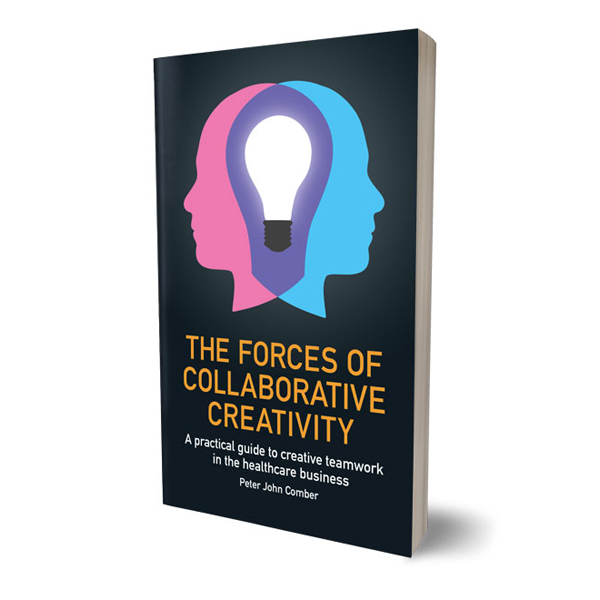Corporate culture: the frenemy within.
A survey from The Economist Intelligence Unit, investigating the tension between strategy and culture, highlights the common incidence of issues that co-creation can resolve.
In 2017 the Economist Intelligence Unit conducted a survey of 500 senior executives that investigated the relationship between company culture and strategy execution. Their chosen definition of culture is that of the Merriam Webster Dictionary; “The set of shared attitudes, values, goals and practices that characterise an institution or organisation...”
The survey reports that most frequently cited barrier to implementing strategy is culture (25% of respondents). This is consistent, even among the 57% who agree that “our corporate culture supports rapid strategy implementation”.
When asked to specify cultural barriers to strategy implementation the following are the most frequently recurring replies:
It is important to note that respondents, on average, chose between two and three of the above as barriers to strategy implementation. It’s easy to imagine the cumulative effects of these barriers on the execution of a strategy. The work I do with co-creation aims to solve some but not all of these problems. The following are my comments, one by one, on the barriers cited in the research.
‘New strategies frequently reveal that corporate leaders do not understand the challenges facing employees’: co-creation that involves various levels of internal stakeholders allows, in an informal setting, the development of mutual understanding.
‘I do not identify closely enough with the success of the organisation for it to be worth putting up with much hassle in order to help implement a new strategy’: this is a symptom of ‘other peoples’ ideas and directives being thrust upon people charged with execution, co-creation fosters co-ownership thus defusing the lack of engagement.
‘Our organisational culture is not ready to absorb all changes coming from strategy implementation initiatives’: again co-creation can help identify a strategy that meets objectives and the organisation is willing and able to quickly execute.
‘There is no pressing need for significant strategic change at our organisation’: a co-creation session that explores customer needs can stimulate hearts and minds to embrace change.
‘Other parts of our organisation don't understand what it will take for us to adopt a new strategy’: co-creation that involves different functions and departments can quickly create a common sense of purpose and cohesion.
‘For any new strategy, the C-suite/senior management gets the credit if it works, but I could lose my job if it fails’: co-creation allows objections to be heard, co-ownership established and generates fresh motivation to innovate.
‘New strategies come and go, but they always eventually disappear so they can be largely ignored if convenient to do so’: the co-ownership and comprehension of the benefits of the strategy that co-creation provides avoid this kind of detached apathy.
‘If something is not working during implementation, it is better not to report the issue than to escalate it’: co-creation fosters an environment where colleagues share and collaborate.
‘We would be unable to implement an ambitious strategy even if we tried’: the abject hopelessness that this statement implies can not be solved by co-creation.
In summary, paraphrasing the Economist Intelligence Unit, organisational culture is complex and can powerfully help, or hurt, companies unless they use co-creation to form strategy from design to delivery.





